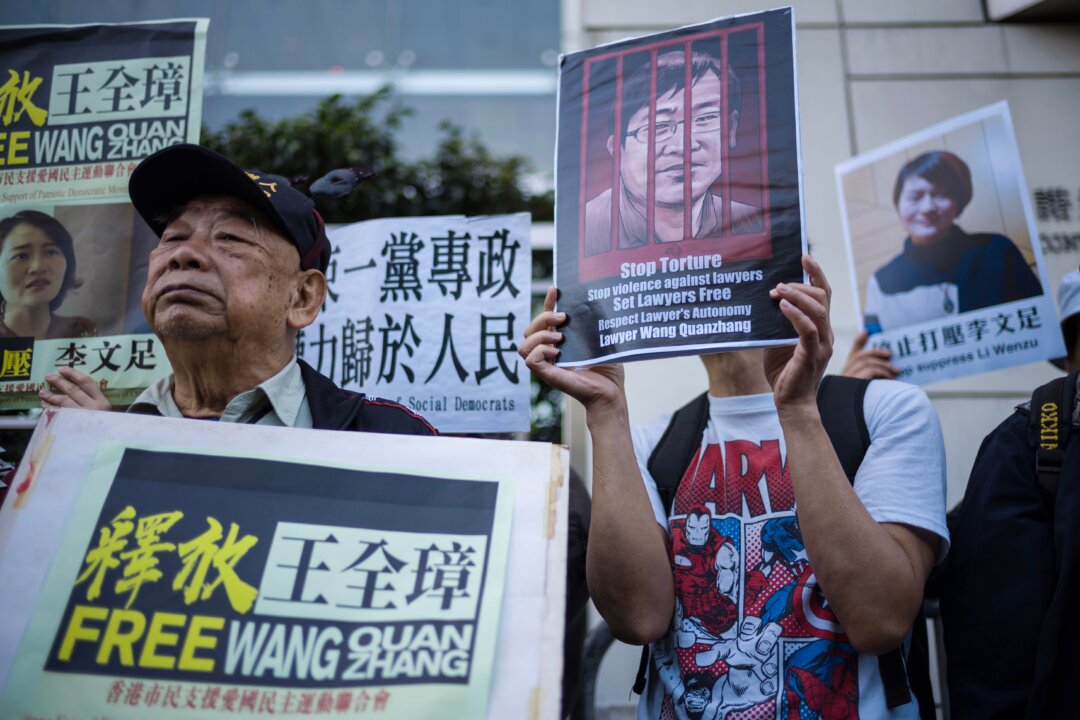International advocacy groups are calling for an independent investigation into the Chinese Communist Party’s clampdown on independent legal advocacy that the regime unleashed a decade ago.
More than 300 rights lawyers and legal activists were arrested across China in the expansive campaign, which began on July 9, 2015. Some were forced to disappear for months. At least 10 received prison terms ranging from three to eight years, according to a joint statement released by 31 prominent international human rights organizations on July 7.
As a result, the number of lawyers willing to challenge Beijing over its human rights abuses was significantly reduced, according to the statement….
Rights Advocacy Groups Call For Investigation Into CCP’s Repression of Lawyers

